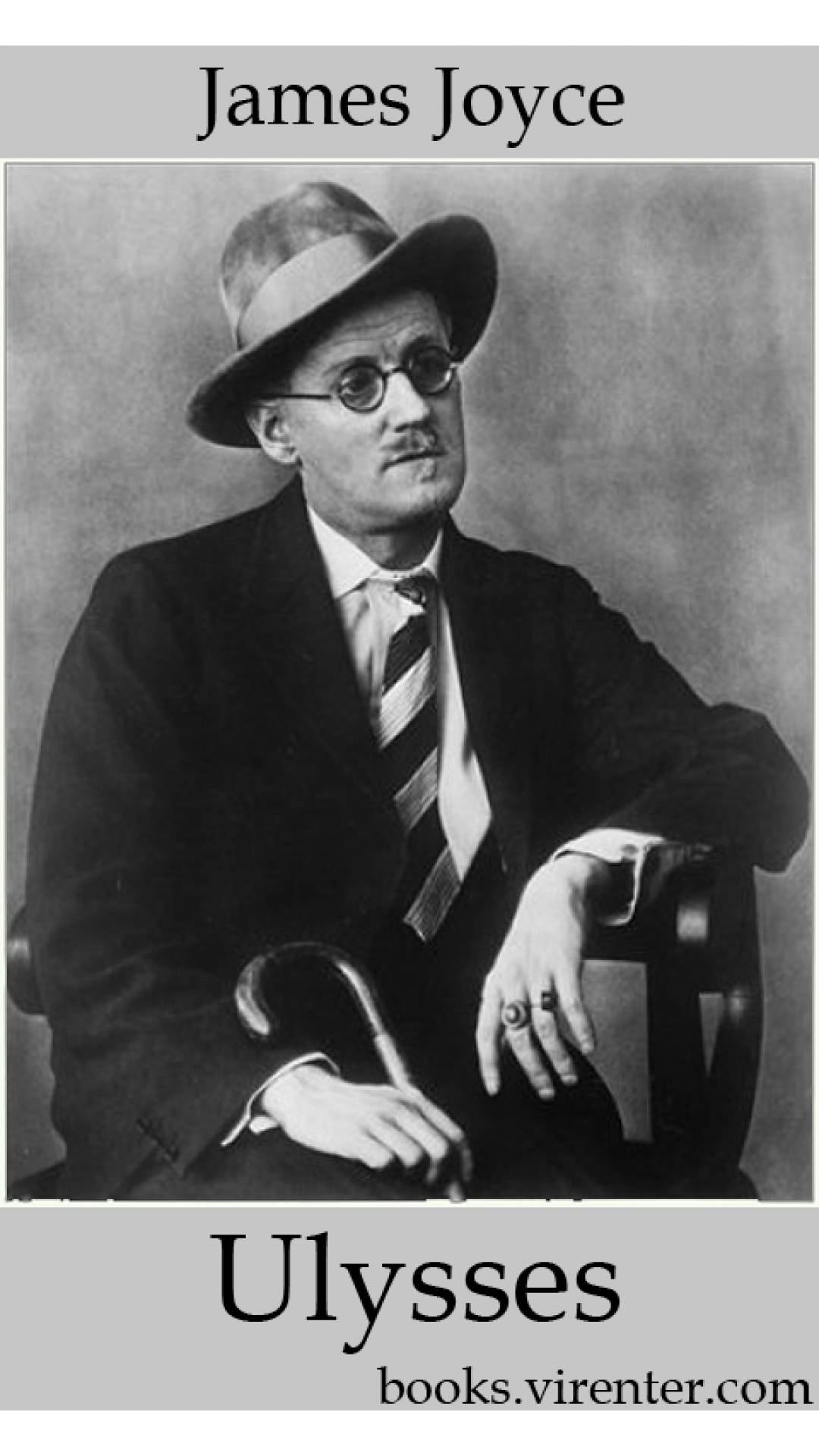Ulysses by James Joyce: A Modernist Journey Through Dublin
James Joyce’s Ulysses, first published in 1922, is a groundbreaking work of modernist literature. Set on a single day, June 16, 1904, the novel parallels Homer’s Odyssey, following the lives of Leopold Bloom, a Jewish advertising canvasser, and Stephen Dedalus, a young artist, as they navigate the streets of Dublin. This literary masterpiece is renowned for its stream-of-consciousness style, intricate symbolism, and profound exploration of human experience.
The Story of Ulysses
The novel unfolds over 18 episodes, each adopting a unique narrative style. Leopold Bloom’s journey through Dublin is interwoven with Stephen Dedalus’s search for identity and meaning. Along the way, the characters encounter various individuals, reflecting themes of love, betrayal, and the complexities of modern life.
Joyce’s narrative mirrors Homer’s epic, with Leopold representing Odysseus, Stephen as Telemachus, and Molly Bloom as Penelope. Despite its classical inspiration, Ulysses is firmly rooted in the ordinary, capturing the minutiae of everyday life with unparalleled depth and innovation.
Literary Innovation and Impact
Ulysses is celebrated for its linguistic experimentation. Each chapter employs a distinct style, from stream-of-consciousness to parody, showcasing Joyce’s mastery of language and form. The novel’s detailed depiction of Dublin has immortalized the city, offering readers a vivid snapshot of early 20th-century life.
Initially banned for its explicit content, Ulysses faced significant censorship but has since been recognized as a cornerstone of modern literature. Its influence extends across genres, inspiring writers and artists to push the boundaries of creativity.
Why Ulysses Matters Today
The enduring relevance of Ulysses lies in its universal themes and innovative narrative. The novel’s exploration of identity, human connection, and the passage of time resonates with contemporary audiences. Each reading unveils new layers, making it a timeless work of art.
For readers and scholars alike, Ulysses offers a challenging yet profoundly rewarding experience. Its rich complexity invites endless interpretation, ensuring its place as one of the greatest literary achievements of all time.
